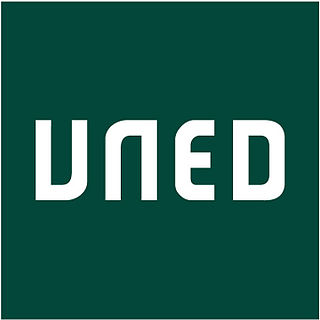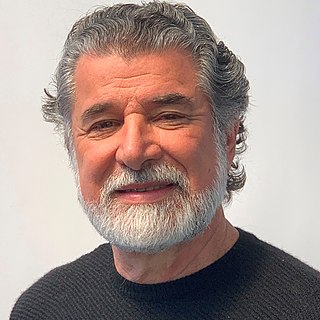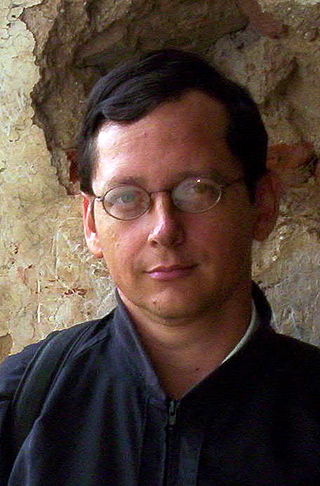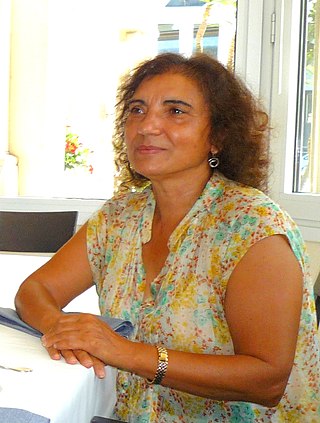
Costa Rican culture has been heavily influenced by Spanish culture ever since the Spanish colonization of the Americas including the territory which today forms Costa Rica. Parts of the country have other strong cultural influences, including the Caribbean province of Limón and the Cordillera de Talamanca which are influenced by Jamaican immigrants and indigenous native people, respectively.

The Metropolitan Autonomous University also known as UAM, is a Mexican public research university. Founded in 1974 with the support of then-President Luis Echeverria Alvarez, the institution aims to be closely linked to the social and human environment.

The University of Costa Rica is a public university in the Republic of Costa Rica, in Central America. Its main campus, Ciudad Universitaria Rodrigo Facio, is located in San Pedro Montes de Oca, in the province of San José. It is the oldest and largest institution of higher learning in Costa Rica, originally established as the Universidad de Santo Tomás in 1843. Approximately 45,000 students attend UCR throughout the year.

Education in Costa Rica is divided in 3 cycles: pre-education, primary education, and secondary school, which leads to higher education. School year starts between the second and third week of February, stops at the last week of June, it continues again between the third and fourth week of July and finishes between the last week of November and the second week of December. Preschool and basic education are free to the public. Elementary and secondary school are both divided in two cycles. Since 1869, education is free and compulsory.

The National Distance Education University is a distance learning and research university founded in 1972 and is the only university run by the government of Spain. The headquarters is located in Madrid, with campuses in all Spanish autonomous communities. There are 14 study centers and 3 exam points in 13 countries in Europe, the Americas and Africa. The University awards undergraduate and postgraduate degrees, as well as non-degree qualifications such as diplomas and certificates, or continuing education units.
Talamanca is a canton in the Limón province of Costa Rica. The head city is Bribri, located in Bratsi district.

Zarcero is a canton in the Alajuela province of Costa Rica.

San Isidro, also referred to as San Isidro de Heredia, is a canton in the Heredia province of Costa Rica. The head city is in San Isidro district.
The Redalyc project is a bibliographic database and a digital library of Open Access journals, supported by the Universidad Autónoma del Estado de México with the help of numerous other higher education institutions and information systems.
Latindex is a bibliographical information system available for free consultation. Established as a network in 1997, the project is based on the cooperation of 17 national resource centers that operate in a coordinated scheme for the gathering and dissemination of relevant information and data on the Iberoamerican journals.

Ibo Bonilla Oconitrillo is an architect, sculptor, mathematician and educator of Costa Rica. He has Costa Rican and Spanish nationality. He is known mainly because of the creation of Bioclimatic Buildings and his Monuments in Public Square.

Julián Monge-Nájera is a Costa Rican ecologist, scientific editor, educator and photographer. He has done research with the following institutions: Universidad de Costa Rica, Smithsonian Tropical Research Institute, and Universidad Estatal a Distancia. His scientific work has been featured by The New York Times; National Geographic; the BBC; Wired; IFLoveScience; The Independent (London) and Reader's Digest, among others. He is a member of the expert panel that sets the environmental Doomsday Clock; Onychophora curator in the Encyclopedia of Life; and team member of the IUCN Red List of Threatened Species.

The Higher School of Computer Engineering at UNED is an institute of higher education in Spain, with an extensive network of collaborating institutions, that teaches and issues degrees in Computer Science Engineering, Computer Systems Engineer and Business Computing Engineering, as well as bachelors, masters and PhDs.

Trabajo ('Work') was a weekly newspaper published from San José, Costa Rica, from 1931 to 1947. It was the organ of the Communist Party of Costa Rica. Trabajo provided ample coverage of trade union activism. Moreover, the newspaper frequently reproduced proletarian poetry.
Marvin Gerardo Calvo Montoya is a biologist and politician from Costa Rica.

The Universidad a Distancia de Madrid, UDIMA, is a private online university based in Community of Madrid, Spain. It offers undergraduate and postgraduate courses using online digital tools. It is located in the Madrid town of Collado Villalba.

Relations between the Republic of Costa Rica and the Italian peninsula exist since 1849. Both Costa Rica and the Italian Republic are members of the OECD and the United Nations.

The UNED Associated Centre in Pontevedra is a university teaching centre of the National University of Distance Education (UNED) located in the Spanish city of Pontevedra. It is part of UNED's North-West Campus and is its most important centre.

María Felisa Verdejo Maillo, known as Felisa Verdejo, is a university professor in the Department of Computer Languages and Systems at UNED. She is one of the Spanish pioneers in natural language processing and artificial intelligence.















